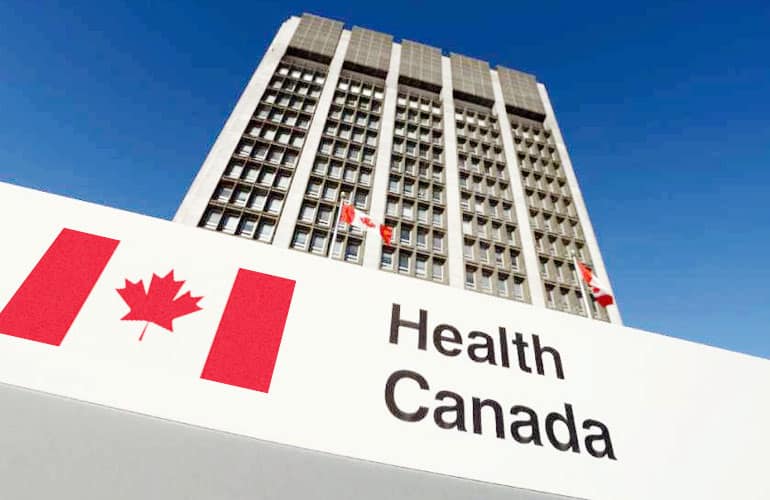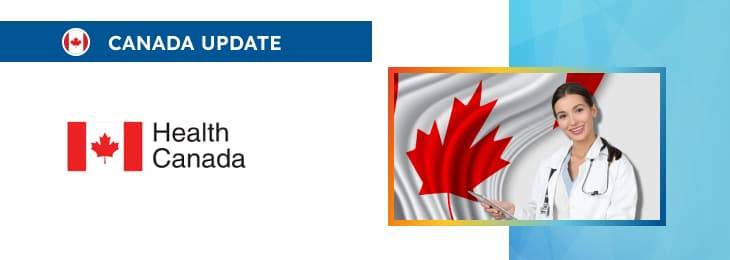The article highlights the critical points related to the concept of significant changes in the context of medical devices allowed for marketing and use in Canada.

Table of Contents
Health Canada, the country’s regulatory agency in healthcare products, has published a draft guidance document dedicated to interpreting “significant change” of a medical device.
The document is intended to provide additional clarification regarding the applicable regulatory requirements and recommendations to be taken into consideration by medical device manufacturers and other parties involved to ensure compliance with the respective legal framework.
At the same time, provisions of the guidance are non-binding in their legal nature, nor are they intended to introduce new rules or impose new obligations.
The authority also reserves the right to make changes to the guidance, should such changes be reasonably necessary to reflect corresponding amendments to the underlying legislation.
Introduction
The updated guidance document issued by Health Canada is intended to clarify the definition of “significant change” within the context of the Medical Devices Regulations in Canada.
This clarification is essential for manufacturers of Class III and IV medical devices to determine when a change to a device necessitates an amended medical device license or authorization.
In particular, the document’s purpose is to guide the parties involved through the relevant regulations and explain the steps to be taken when determining the specific approach based on the nature of the changes in question and their potential impact.
Classification and Regulatory Background
Under the general rule, medical devices allowed for marketing and use in Canada are categorized into four risk classes (I to IV), with Class I representing the lowest risk and Class IV the highest respectively.
The classification rules are specified in Schedule I of the regulations. Class II, III, and IV devices require a license or authorization for sale or importation.
Scope and Application
The regulations stipulate situations requiring manufacturers to seek amended licenses or authorizations for Class III or IV devices undergoing significant changes.
This document guides the procedures to identify such changes, including design and manufacturing process alterations.
The examples provided in the guidance illustrate significant versus non-significant changes.
At the same time, the authority explicitly states that these examples are not exhaustive, and the final determination should always be made on a case-by-case basis.
Policy Objectives
As mentioned before, the document’s primary purpose is to clarify what constitutes a significant change and outline the requirements for obtaining an amended authorization before marketing the modified device in Canada.
Notable changes include alterations that could impact the safety or effectiveness of the device or its interaction with other devices.
Definitions
To assist the parties involved with adequately interpreting the respective provisions of the applicable legislation, the document provides definitions of the most essential terms and concepts used in the context of changes to medical devices.
Key terms are defined to ensure clarity; for example, “significant change” refers to any modification potentially affecting a device’s safety or effectiveness.
Other definitions explained in the document include, among other things, contraindications, design specifications, recalls, validation, and verification.
General Principles
According to the document, a significant change is expected to influence the device’s safety or effectiveness.
Assessing whether a change is significant involves evaluating its impact on patients, practitioners, or users and considering the results of a risk assessment.
Significant changes affect the manufacturing process, design, intended use, or risk control measures.
Risk Assessment and Change Assessment
Risk assessment plays a crucial role in determining the significance of changes. It involves identifying hazards, estimating the probability of harm, assessing harm severity, and evaluating the acceptability of residual risks.
Changes intended to enhance safety but potentially introducing new risks must be carefully considered.
As explained by the authority, it is generally acceptable to interpolate the existing datasets when assessing the potential impact of changes, provided the appropriate verification and validation are conducted.
According to the guidance, verification testing ensures a device performs as intended, while validation testing confirms the clinical performance is acceptable.
The need for such testing often indicates a significant change, although the absence of a need for validation testing does not automatically deem a change non-significant.
Conclusion
In summary, the present guidance document issued by Health Canada describes in detail the existing framework for understanding and navigating the regulatory requirements for significant changes to Class III and IV medical devices in Canada. By adhering to the outlined principles and procedures, manufacturers can ensure compliance with the relevant regulations, patient safety and device effectiveness when used for the intended purpose.
How Can RegDesk Help?
RegDesk is an AI-powered Regulatory Information Management System (RIMS) designed to simplify global compliance for medical device companies. With regulatory intelligence covering 120+ markets, RegDesk helps you prepare and publish global submissions, manage standards, conduct impact assessments, and stay ahead of regulatory changes all from a single, centralized platform. Expanding into new markets has never been easier.


